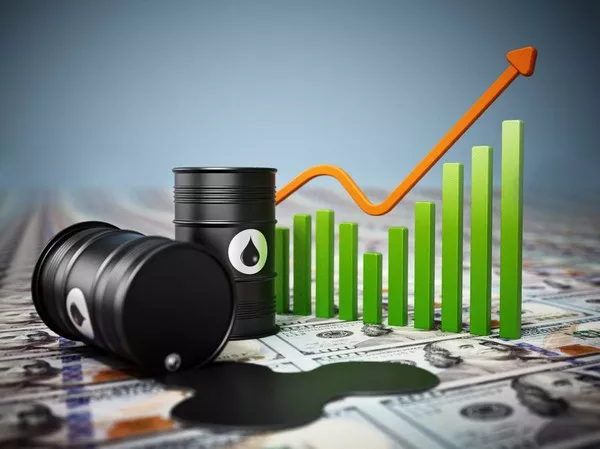Oil futures contracts are financial instruments that allow investors to speculate on the future price of oil. As a key commodity in the global economy, oil plays a significant role in various industries and investment portfolios. In this comprehensive guide, we will delve into the world of oil futures contracts, exploring their purpose, mechanics, and factors that influence their prices. By understanding the fundamentals of oil futures contracts, you can make more informed investment decisions and navigate the complexities of the oil market.
What are Oil Futures Contracts?
- Definition: An oil futures contract is a standardized agreement between a buyer and a seller to trade a specified quantity of oil at a predetermined price and future date.
- Purpose: Oil futures contracts serve multiple purposes, including hedging, speculation, and price discovery. They allow market participants to manage price risk, profit from price movements, and provide a benchmark for oil prices.
- Key Participants: The primary participants in oil futures markets include producers, consumers, speculators, and hedgers. Each group has distinct motivations and objectives when trading oil futures contracts.
Mechanics of Oil Futures Contracts
- Contract Specifications: Oil futures contracts have specific terms and specifications, including contract size, delivery months, quality standards, and settlement procedures. Understanding these specifications is essential when trading oil futures.
- Long and Short Positions: Buyers of oil futures contracts hold a long position, while sellers hold a short position. The interaction between buyers and sellers determines the price and liquidity of the futures market.
- Margin Requirements: Margin requirements dictate the amount of capital traders must deposit to open and maintain positions in oil futures contracts. Margin levels are set by exchanges to ensure the financial integrity of the market.
Factors Influencing Oil Futures Prices
- Supply and Demand: The supply and demand dynamics of oil significantly impact futures prices. Factors such as global production levels, geopolitical events, and economic growth influence the supply and demand balance.
- Inventories and Storage: The level of oil inventories and available storage capacity affects futures prices. High inventories can exert downward pressure on prices, while low inventories can lead to price increases.
- Macroeconomic Factors: Broader economic indicators, such as interest rates, inflation, and currency exchange rates, can impact oil futures prices. Economic trends and policy decisions can influence the demand for oil and, consequently, its price.
Trading Oil Futures Contracts
- Market Analysis: Traders need to conduct thorough market analysis to identify potential trading opportunities. Technical analysis, fundamental analysis, and market news play a crucial role in understanding oil price trends.
- Risk Management: Effective risk management is vital in oil futures trading. Traders should implement risk mitigation strategies, such as setting stop-loss orders, diversifying their portfolios, and managing position sizes.
- Trading Strategies: Various trading strategies can be employed when trading oil futures contracts, including trend following, mean reversion, and breakout strategies. Each strategy has its own advantages and considerations.
Oil Futures Trading Platforms and Exchanges
- Commodity Exchanges: Well-known commodity exchanges, such as the New York Mercantile Exchange (NYMEX) and the Intercontinental Exchange (ICE), provide platforms for trading oil futures contracts.
- Online Trading Platforms: Many online brokerage firms offer access to oil futures trading through their platforms. These platforms provide real-time market data, charting tools, and order execution capabilities.
- Regulatory Considerations: Oil futures trading is subject to regulatory oversight. Traders should ensure they comply with the rules and regulations of the relevant regulatory authorities.
Conclusion
Oil futures contracts provide a way for investors to participate in the oil market and capitalize on price movements. By understanding the mechanics of oil futures contracts, factors influencing prices, and trading strategies, traders can make informed decisions and manage risk effectively. It is crucial to conduct thorough research, stay updated on market trends, and choose a reliable trading platform or exchange to engage in oil futures trading. With proper knowledge and careful analysis, oil futures trading can offer opportunities for profit and portfolio diversification.


